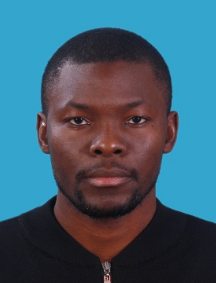

Section Collection Information
Dear Colleagues,
The incidence of cancer has become enormous and its burden, life-threatening, as it is continuously taking many lives. Described as a serious perturbation of the normal architecture of a tissue or an organ caused by disorder cell proliferation, cancers have become a central hotspot for research. Cancer immunotherapy began with the discovery of �Coley�s toxin�, which reduced inoperable sarcoma development 1. However, despite its proven effectiveness in sarcoma release, this streptococcal microorganism (or its derived product) was criticized mainly because of the unknown immunotherapeutic pathway/effect and the observed variable efficacy between patients. Since then, many studies have focused on understanding the relationship between cancers and host immune response to develop cancer immunotherapeutics better.
While cancer immunology studies, specifically T-cell basic research, allowed the development of interleukin (IL)-2, tumor-infiltrating T-cells, and lymphokine-activated killer (CIK) cells as cancer immunotherapeutics 2, deeper research permitted to identify the immune checkpoints (negative regulators of the immune response) and to develop high-tech-based gene modification, from which were developed immune checkpoint inhibitors (ICIs) and genetically modified T-cells, including T-cell receptor-engineered T-cells (TCR-T) and chimeric antigen receptor T-cells (CAR-T), currently used for cancer immunotherapy. Besides, development and introduction of monoclonal antibodies modulating the cancer microenvironment or inhibiting the tumor cell development yield encouraging successes.
However, despite encouraging progress and success after introducing this cancer immunotherapy, we are facing health threats associated with immunotherapy-associated side-effects 3 and, so far, studies identifying recovery predictor biomarkers are scarce 3,4 and therefore urgently needed. On the other hand, knowing the complexity of the cancer microenvironment, studies to understand the tumor microenvironment and the associated effect on tumor development are highly required.
In this section, we welcome original articles, reviews, mini-reviews, case reports, clinical trials, opinions, and method articles related to, but not limited to, cancers and immune system, cancer immunology, inhibitors of metastatic carcinomas, development of cancer immunotherapy, combinatory cancer immunotherapy, identification of prognostic and diagnostic biomarkers for immune-related adverse effects, gene regulation in cancer environment, genetic and molecular characterization of cancer microenvironment, molecular mechanisms underlying the physiological and pathological processes of cancer immunology, molecular mechanisms regulating the development and activation of the innate and adaptive immune response.
We look forward to receiving your contributions.
Prof. Dr. Arnaud John KOMBE KOMBE
Prof. Dr. Kakil Ibrahim Rasul
Prof. Dr. Nahid Arghiani
Section Editors


